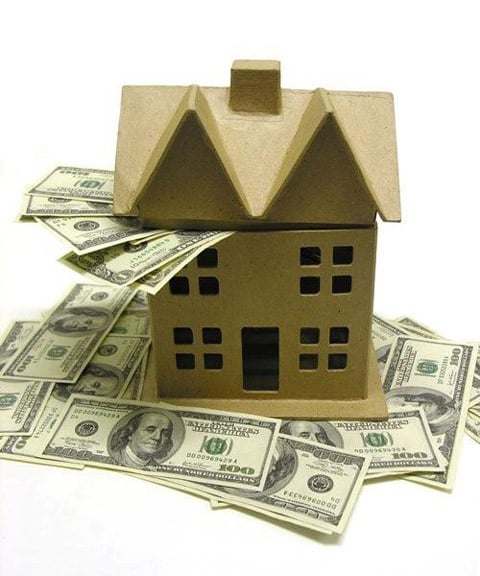Plenty of people, particularly millennials, have shown significant interest in investing in real estate, and it isn't hard to see why. With plenty of options available for ways to invest, it can be appealing as a form of investment to a variety of demographics. Many people have also found success through investing; a survey by Better Homes and Gardens Real Estate revealed that 96% of people who have invested in real estate believe their decision helped them achieve financial success. If you're looking to break into real estate and commit to this type of investment, though, there are a few beginner mistakes you'll want to avoid. Don't fall into these expensive traps, or your potential investment could end up costing you more than you expect.

Real estate investment can be a challenge, especially when you're new to the field and don't entirely know the ropes yet. Many first-time investors think they'll be able to go online and find all the answers to their top investment questions. However, the reality is often far more complicated than a simple Google search will be able to answer. Instead, see if you can find a real estate agent near you that specializes in investment properties. These real estate agents will have access to industry tools and information that you won't have yet as a beginner, and because of this, 78% of recent buyers found their real estate agent to be a very useful information source. Once you've gotten a bit more practice and are more knowledgeable about the steps involved in flipping or investing in other ways, you might have better luck tackling a project alone. Until then, it's best to get help wherever you can find it, particularly if you can find someone who knows the neighborhood better.
Whether you're buying a home to live in for yourself or you're buying a property as an investment, hidden costs and closing fees can quickly add up and make your property far more expensive. When looking at a listing price, remember that that's likely not the price you'll end up paying for the property. Factors like legal fees, insurance, and property taxes all will increase the price you're paying, and if you're not careful with your budgeting, they could impact your overall profits from the investment. When possible, look to invest in low-tax areas that will make it easier to profit off your investment. Some states and counties will have lower real estate taxes than others. For example, Delaware is a generally tax-friendly place, with relatively low income tax rates (2.2% to 6.6%), no vehicle taxes, and one of the lowest real estate tax rates in the U.S.
One of the biggest beginner mistakes you can make as an investor is diving into too big of a project too quickly. Plenty of DIY enthusiasts and savvy spenders will take a look at a property and see it needs work, only to assume that they'll be able to complete the bulk of the renovations themselves. It's easy to underestimate just how much a renovation will cost you, especially from a walk-through of the property alone. Once you start working, you'll quickly uncover hidden issues that will cost you more, such as rotting wood. Wood only needs three things to rot: water, oxygen, and favorable temperature between 40 and 105 degrees Fahrenheit. However, this one factor alone can cause major structural issues in a property that aren't revealed until work has begun. Stick to investment projects that are simple at first, and eventually work your way up to major flips once you've got a better handle on the process.
Real estate can be tricky for beginners, but avoiding these common mistakes will help you profit as much as possible from your property. What advice would you give to beginning real estate investors, and what mistakes did you make when first starting out?